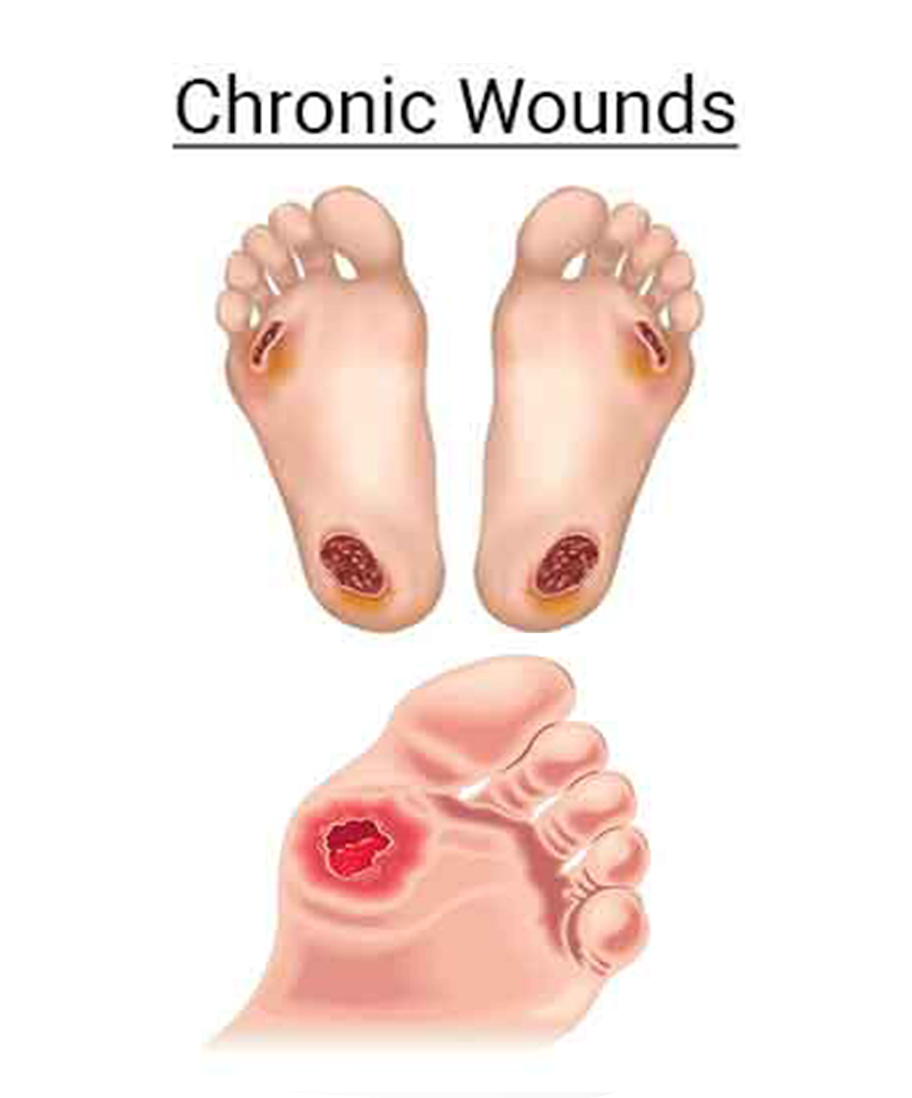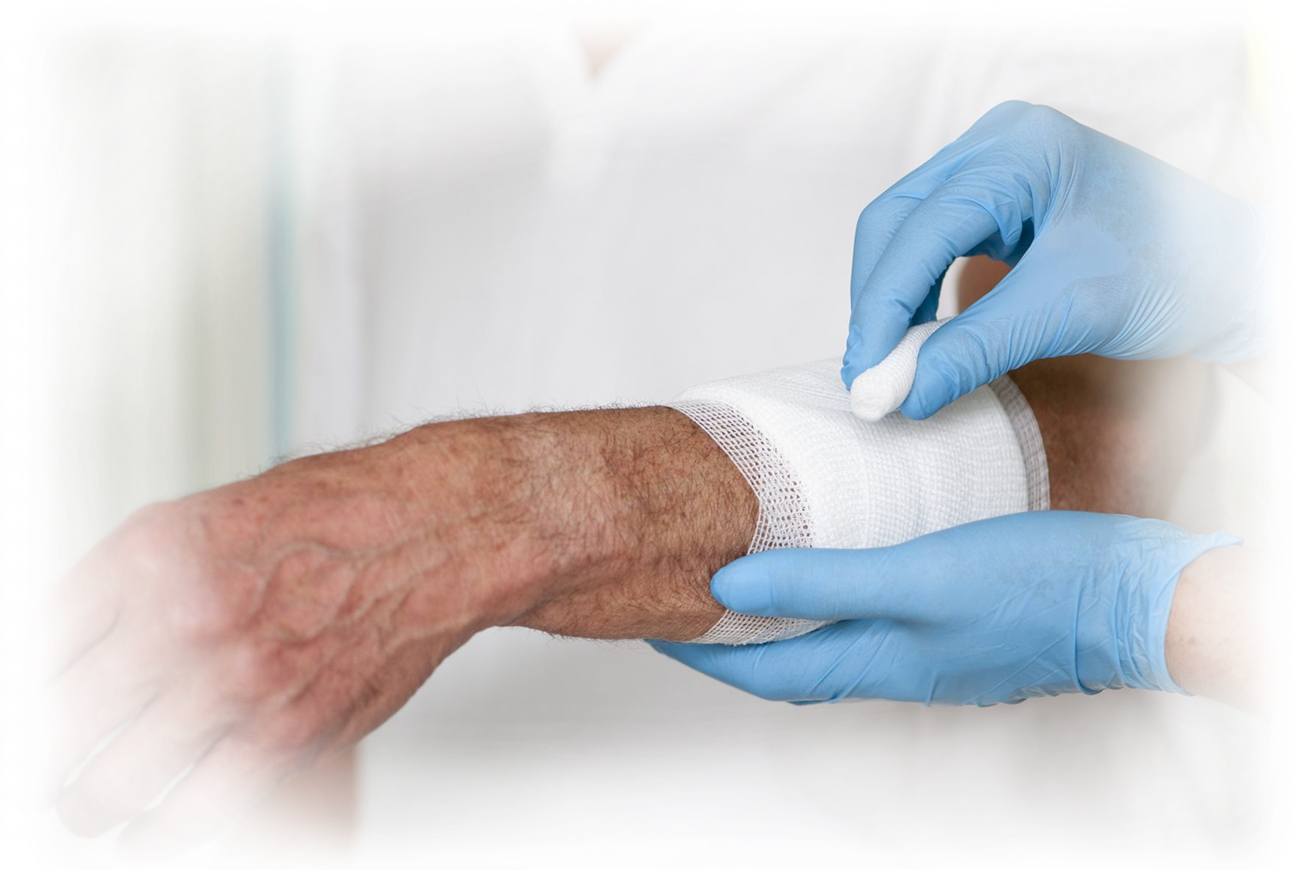Treatment Of Wounds
Do you have a wound that won’t heal or a health issue that causes foot or toe wounds? Treatment is available at Washington Vascular Specialists in Takoma Park, Largo, and Frederick, Maryland. Under the expert care of Mubashar Choudry, MD, you receive the attention and support you need to heal. Call or schedule a visit online today to get treatment for your wound.
Treatment of Wounds Q & A
What is a chronic non-healing wound?
A chronic non-healing wound neither improves after four weeks nor heals completely after eight weeks. The common types of chronic non-healing wounds include:
- Diabetic foot ulcers
- Venous-related ulcers
- Non-healing surgical wounds
- Pressure ulcers
- Wounds related to metabolic disease
- Wounds that repeatedly break down
A chronic non-healing wound can predispose you to an infection that may spread through your body. An infection can be especially dangerous if you’re in poor health, are recovering from surgery, or have other chronic health issues, like diabetes, heart disease, or COPD.

What types of wounds require treatment?
Any type of wound that increases your risk for infection requires treatment. In many cases, these types of wounds do not have adequate blood supply due to peripheral artery disease (PAD), venous insufficiency, or diabetes. Without the proper blood supply, the wound doesn’t have access to the essential nutrients required for proper healing.
Dr. Choudry treats the following types of wounds:
Non-healing wounds
Non-healing wounds require specialized care to help your tissues heal. These wounds don’t respond well to at-home treatments, like antibiotic ointments or bandages, and require additional support from a medical professional.
Toe and foot wounds
Toe wounds include ulcers, ingrown toenails, and infected nails or skin on your toe. Foot wounds include diabetic ulcers, skin sores, and pressure ulcers. These wounds can be dangerous and may require amputation if untreated. Early treatment is the best method to prevent greater injury or infection.

How are wounds treated?
When you have a wound that doesn’t heal within a few weeks or a condition that slows down wound healing, see Dr. Choudry. He assesses your wound and medical history, in addition to any other symptoms, to determine how to help you.
In some cases, Dr. Choudry prescribes antibiotics to eliminate infection or performs a procedure called debridement, in which he cleans your wound thoroughly before applying a bandage. When your wound is related to another chronic health issue, Dr. Choudry recommends appropriate treatment.
For more serious cases of peripheral artery disease or venous insufficiency, Dr. Choudry performs minimally-invasive endovascular treatments and surgeries to improve blood flow to your legs and feet.
To get help with wounds that don’t heal, call Dr. Choudry or schedule a visit now.
